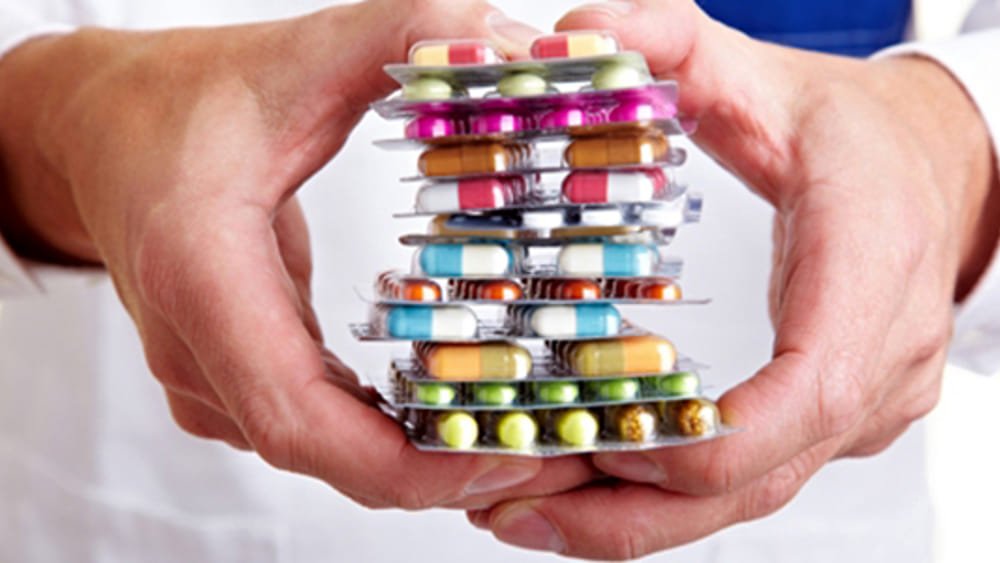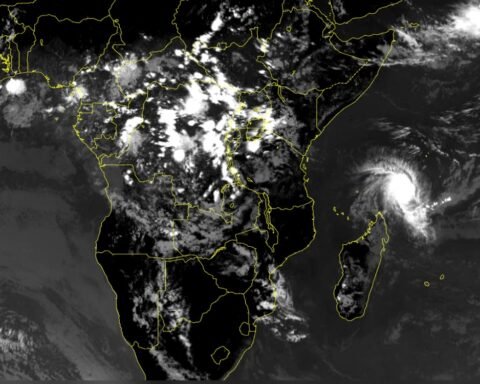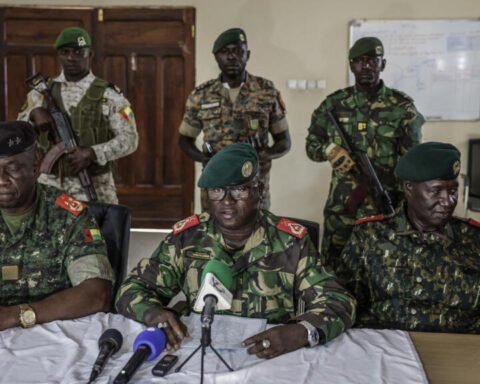The Ministerial Conference on Local Production of Medicines and Other Health Technologies in Africa is underway, bringing together key stakeholders from across the continent to address the growing need to strengthen Africa’s health sovereignty.
Africa continues to rely heavily on imported medical supplies, with more than 70% of medicines, 99% of vaccines, and over 90% of medical devices sourced from outside the continent. This dependence exposes countries to frequent shortages of essential medicines and increases the risk of substandard or counterfeit products entering local markets.
Only eight countries account for nearly 85% of Africa’s 649 drug manufacturing units, highlighting the continent’s limited capacity—especially compared to India’s more than 10,500 pharmaceutical production facilities. With Africa’s population projected to surpass 1.4 billion by 2025, and over 60% of its population made up of youth, pharmaceutical demand is expected to surge. Market projections show Africa’s pharmaceutical industry growing from US$18 billion in 2024 to more than US$70 billion by 2030.
Regional institutions such as the African Union have introduced several initiatives to strengthen local pharmaceutical manufacturing, including the Pharmaceutical Manufacturing Plan for Africa and the establishment of the African Medicines Agency in 2021. The African Development Bank has also created the African Pharmaceutical Technology Foundation (APTE) to support technology transfer and help build local expertise.
However, challenges persist. High production costs, limited industrial infrastructure, restricted access to financing, and fragmented regulatory systems continue to hinder progress.
Also Read; States Sue Trump Over Education Funding Freeze
Algeria has positioned itself as a leader in promoting health sovereignty, significantly expanding its local pharmaceutical sector. The country currently produces more than 75% of the medicines it consumes and aims to raise that figure to 85% by 2030.
The Algiers Conference aims to develop a unified African roadmap for sustainable local production of medicines, vaccines, and medical devices. Delegates are discussing ways to strengthen regulatory systems, expand technology transfer, and boost cross-border cooperation. The conference is expected to conclude with the Algiers Ministerial Declaration, setting out commitments from participating nations.
Key participants include Ministers of Health and Trade, heads of regulatory bodies, academics, and representatives from regional and global partners such as Afreximbank, alongside experts from the pharmaceutical industry.
Main sessions are being hosted at the International Conference Centre (CIC) in Algiers, complemented by a pharmaceutical and technology exhibition at SAFEX. A digital buyer–seller matchmaking platform will also be launched to support new partnerships and investment opportunities.







